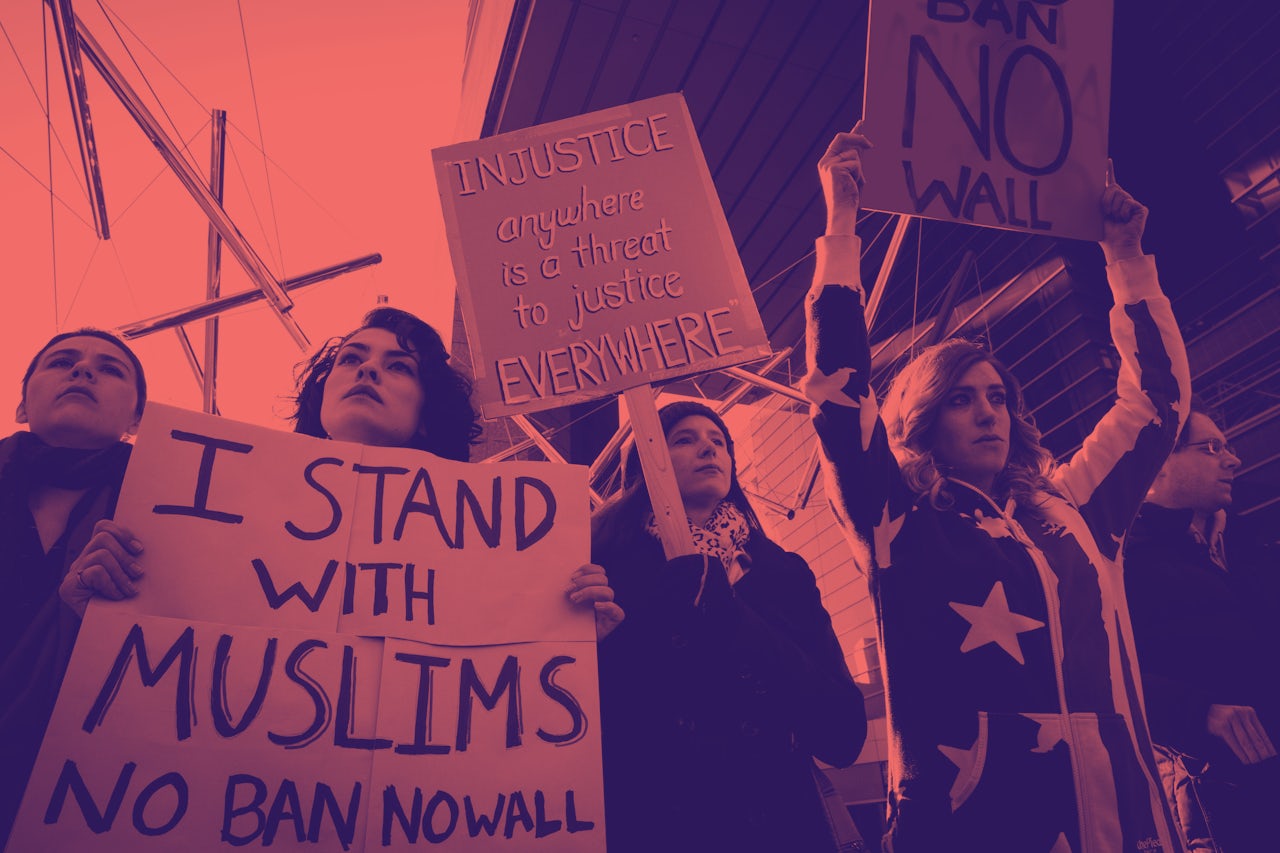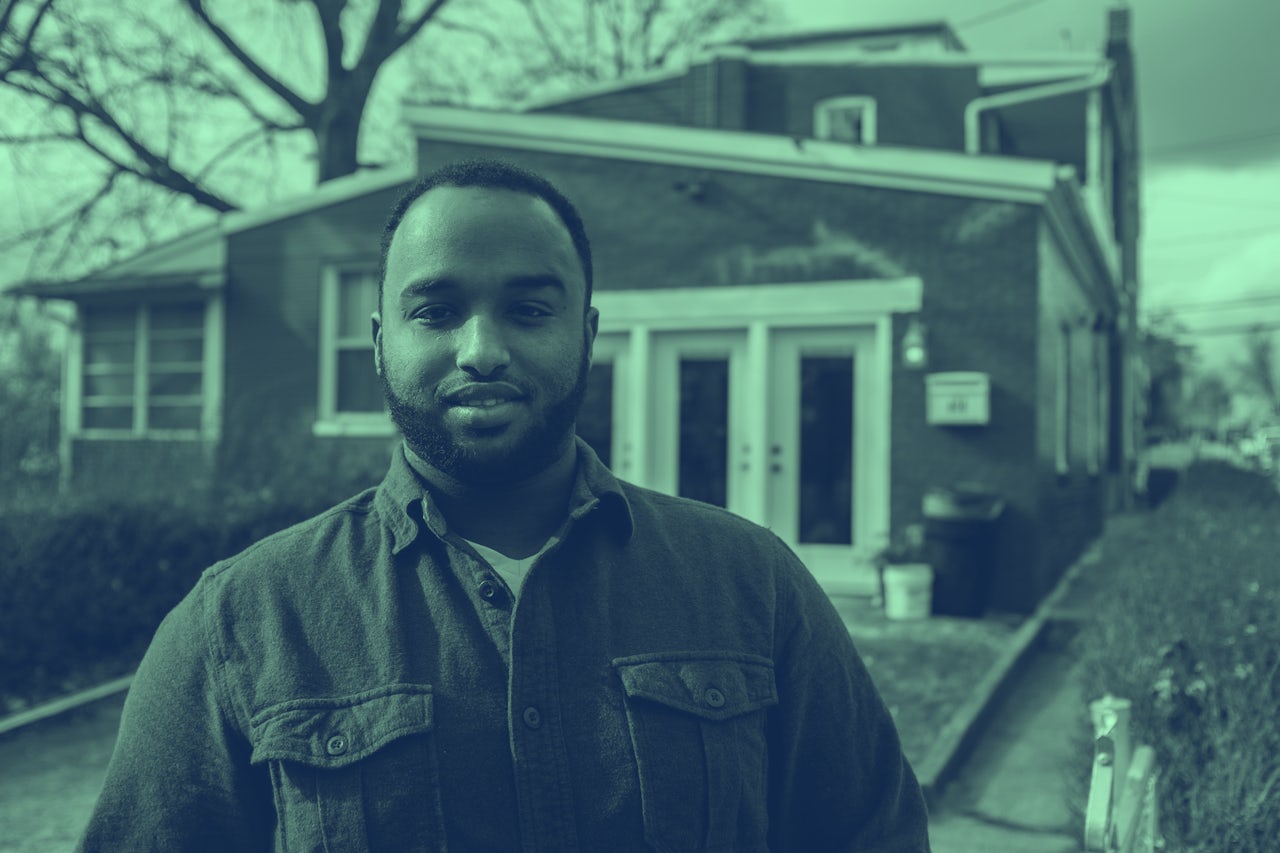The Supreme Court reinstated parts of President Trump’s travel ban this week, banning nationals from six Muslim-majority countries — with the exception of those who have a “credible claim of a bona fide relationship” to a person or entity in the U.S. — until it hears oral testimony on the case in the fall.
Last night, the State Department issued guidelines to American embassies and consulates outlining who will be barred from entering the U.S. come 8 p.m. E.T. today, when the travel ban officially goes into effect.
A diplomatic cable obtained by the New York Times reveals what the Trump administration considers a “bona fide relationship” to the U.S.
Nationals seeking to travel to the U.S. from the six banned countries — Iran, Libya, Somalia, Sudan, Syria, and Yemen — must either be related to a U.S. citizen or prove a “formal, documented” relationship with a U.S. entity that was “formed in the ordinary course, rather than for the purpose of evading” the executive order. Someone who has accepted a job offer from a U.S.-based company or admission to an American university can enter the country, but nonprofits can’t seek out those affected by the ban as clients, the Times reported.
The State Department also limited which family relationships are considered “close” enough to be bona fide. Only “close family” members like spouses, parents (including in-laws), siblings (including step-siblings), and children (again, in-laws included) of U.S. citizens from the six countries included in the ban can enter the country, the cable reveals. Grandparents, cousins, nieces and nephews, brothers and sisters-in-law, fiancés, and other “extended” family members of U.S. citizens aren’t considered close enough to make the cut.
Grandparents aren’t considered close enough to make the cut.
“Even if the actual familial relationships may seem distant through the lens of American culture, they may not be distant in those cultures,” Naz Ahmad, a staff attorney with the CUNY School of Law’s Creating Law Enforcement Accountability & Responsibility (CLEAR) project, told The Outline.
“Also just factually, there are people who aren’t closely related to you, in that sense of the term, but they’re still close to you. How do they prove the bona fides of their relationship?” Ahmad added.
It’s unclear whether refugees who have already connected with resettlement agencies in the U.S. will be allowed to enter the country.
“The Supreme Court says that a bona fide relationship to an entity in the U.S. should be formal, documented, and created in the ordinary course of business — and that’s exactly what refugee organizations that welcome refugees into their communities do,” Betsy Fisher, policy director at the International Refugee Assistance Project told The Outline before the definition of “bona fide” was made clear.
Ahmad warned that this latest iteration of the ban could specifically bar refugees from entering the U.S. — even those who have already connected with resettlement agencies.
“It’s devastating for people who wait years to go through the processes and get to the point where they’re approved to get on a plane, and now they’re living in this sort of limbo,” Ahmad said. “Are UN agencies and other resettlement agencies going to move to resettle them to another country? Are they going to wait and see? They could be starting new lives somewhere, and now they’re back in limbo.”
And even for people who can prove their ties to the U.S. meet the State Department’s definition of “bona fide,” the ban could have a “chilling effect,” Ahmad said.

